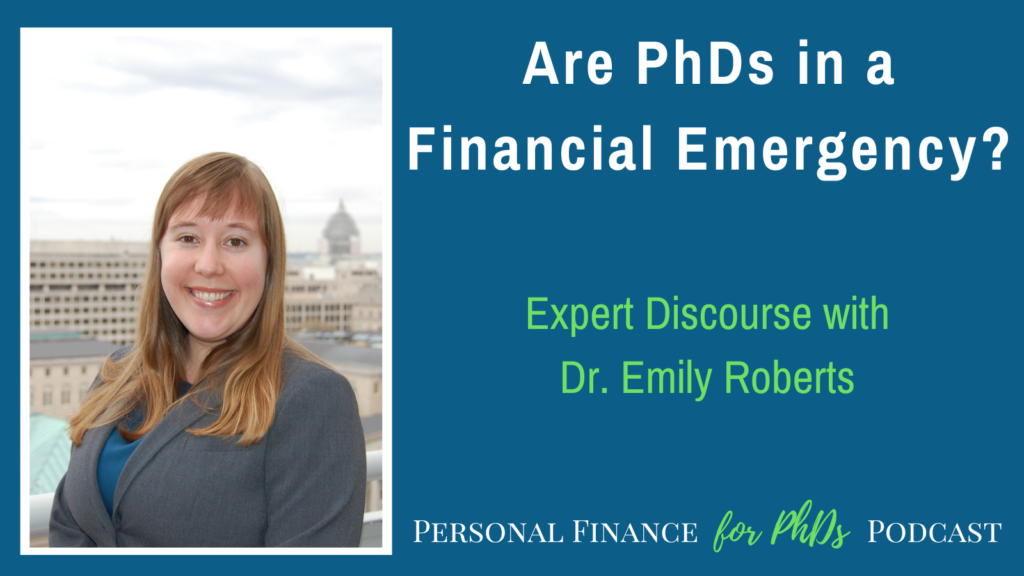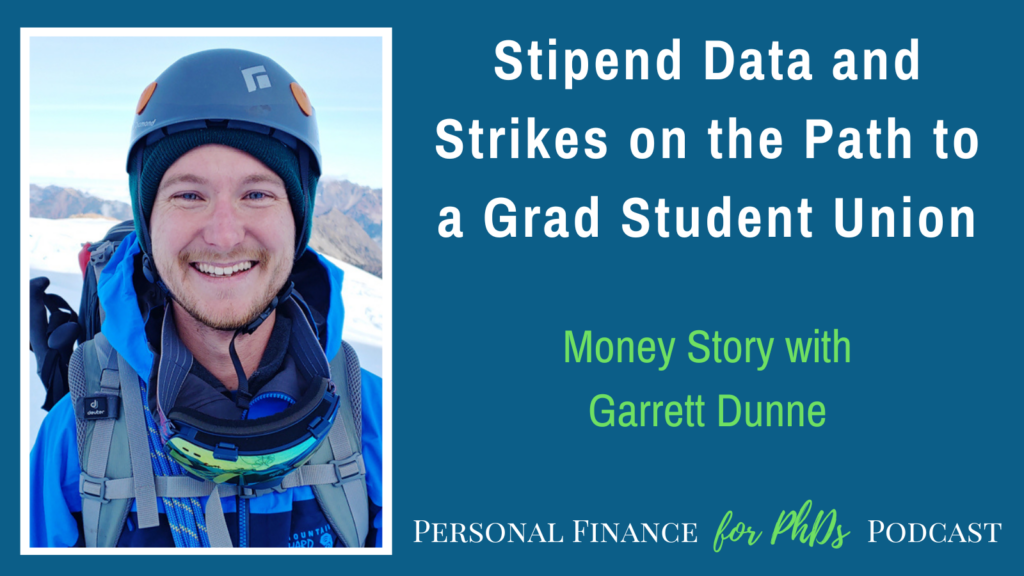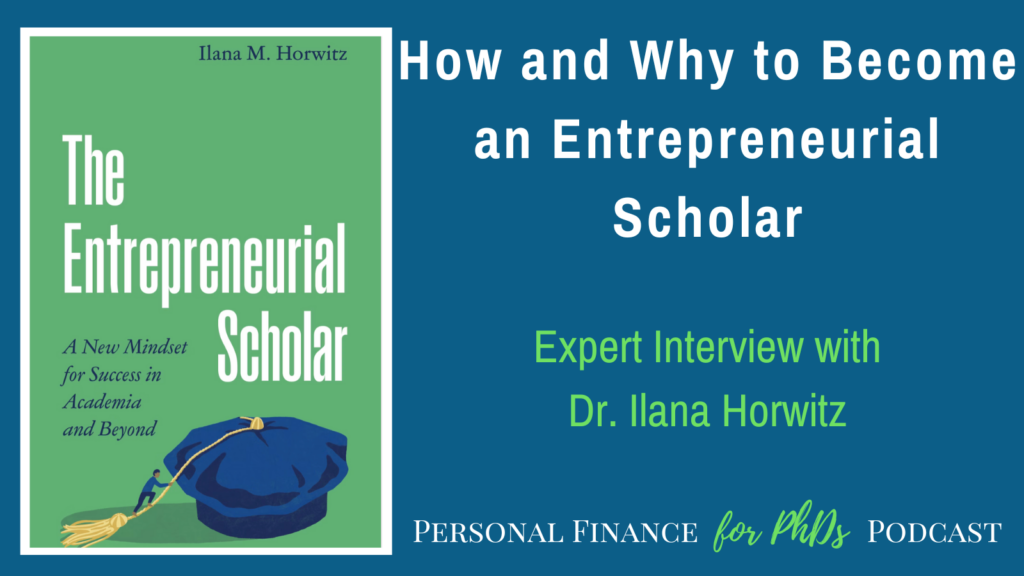Thank you for registering for How to Weather a Financial Emergency as an Early-Career PhD! Please complete the action items below prior to the date of the workshop so that you can receive the full benefits of the workshop.
- Bring your balance sheet. A balance sheet is a record of all of your current financial assets and liabilities. If you don’t have a balance sheet, please take some time to create one. You can download a template spreadsheet as well as some instructions via this link. Feel free to use a different template if you prefer. If you use budgeting or net worth tracking software and have all your accounts linked, the software probably has all the information, so no need to replicate it elsewhere. You will work with your balance sheet during the workshop.
- Review your budget or cash flow with these questions in mind: What is the total of my current monthly expenses? Am I currently saving money for my short- or long-term future, and if so at what rate(s)?
During the workshop, we’ll be working with spreadsheets and PDFs. If the workshop is in person, please bring your laptop or tablet. If the workshop is remote, please set your workspace up so that you can best juggle Zoom alongside the other programs.
I look forward to speaking with you during the workshop!




